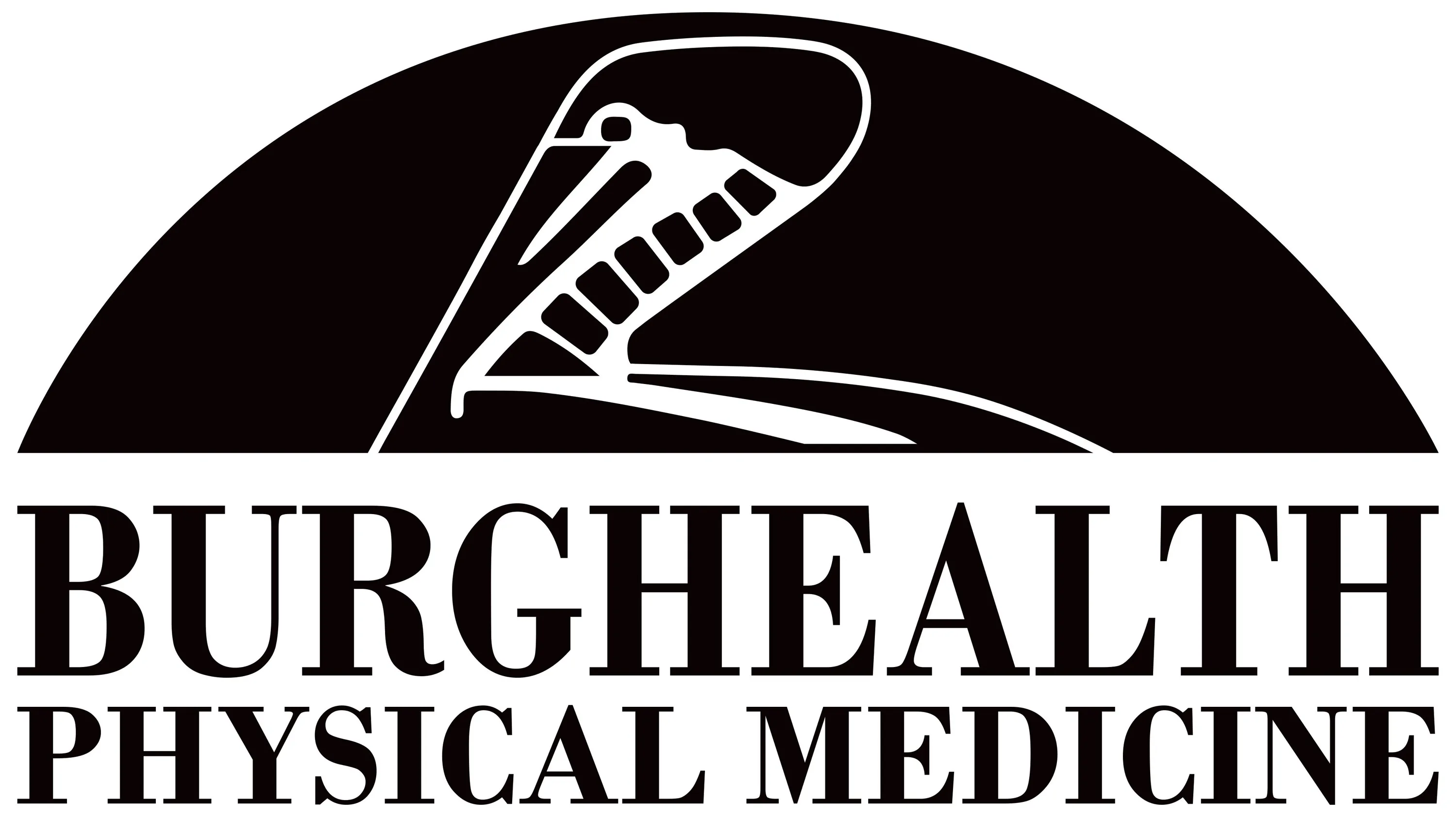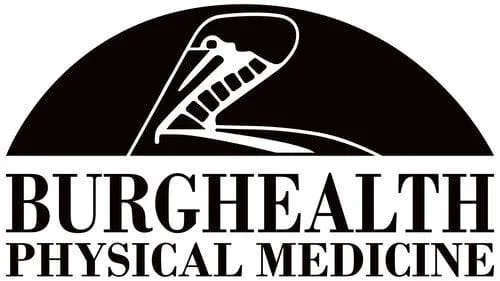The temporomandibular joint connects the jawbone to the skull. Up to 10 million people suffer from painful temporomandibular joint disorder (TMD), according to the National Institute of Dental and Craniofacial Research. Symptoms include pain in the face and neck, locked jaw or limited jaw movement, painful
Read more
It has been documented that thoughts and emotions have a powerful influence over our physical health. There was an interesting study conducted at UCLA in the early 1990s where 14 professional actors were recruited to study the effects of emotion on the immune system. During the study, the actors were told which mood state they would be experiencing.
They then read the appropriate scenario, which was about 100 words long, and were told to create and experience a realistic mood by developing the scene and verbally and behaviorally acting it out while seated. Actors were encouraged to use their own personal memories to intensify the experience. Once the actors were in a particular emotional state, the researchers drew blood to measure any physical changes that may be associated with particular emotional states. What they found surprised everyone. Simply by shifting from one emotional state to another, the actors could stimulate or suppress their immune function. Subsequent studies have measured all kinds of physical changes that result from emotional states, such as changes in hormone levels, brain chemistry, blood sugar levels, even the ability to heal properly. In fact, the mind-body connection is so strong that an entire field of science has emerged called psychoneuroimmunology.
More and more scientific studies are published on a daily basis proving the idea that thoughts and emotions have a powerful influence over our physical health. This is one of the reasons why people are much more likely to get sick during job changes, holidays and other stressful times; or why people who are depressed have a much higher risk of developing cancer. How can emotions affect our immunity or resistance to disease? Research shows that the brain can release hormones and other chemicals that affect white blood cells and other parts of the immune system. Though the chemicals also have other functions, they are a link between our thoughts and our ability to resist diseases.For example, when people react to stresses with fear, their brains send a "danger" message to the body. Hormones are released to raise blood pressure and prepare muscles for quick action, as if to fight or flee from danger. The stress hormones also depress the disease-resistance system, and over time, can damage the brain, heart and digestive tract.Thoughts can cause physical abnormalities such as ulcers, indigestion, nervousness and high blood pressure. Thoughts can also depress the immune system, which leads to a wide variety of diseases. Whether a person experiences poor health, and how soon, depends on that person's heredity, environment, diet, and behavior.
An Australian study in the late 1970s showed that when one spouse dies, the other experiences a weakened immune system. This helps explain why grieving spouses have more diseases and a higher death rate than others of similar age. Other studies have shown that heart patients who are depressed have more heart problems than happier heart patients; depression was a better predictor of problems than physical measurements were.
Cancer is more common in people who suffer a major emotional loss, repress anger and feel helpless. Cancer patients who express their emotions rather than denying them seem to recover more often. The link between emotion and cancer is so strong that some psychological tests are better predictors of cancer than physical exams are. This does not mean that everyone who has cancer or some other disease has simply thought it upon himself. There are many factors involved in disease; even the best attitude is not going to prevent ill effects from genetic malfunctions and some chemical and biological hazards. A new study shows physical proof how one of those aspects - a strong and happy marriage - can be a boon to your health. According to the study, physical wounds take much longer to heal in marriages marred by hostility and conflict than those in which couples build a more pleasurable home life.
As our thoughts and emotions have such a powerful influence over our physical health, we must take proactive steps to regain our health through healthy thinking, relaxation, and positive affirmations. Explore this section for more on how to calm your mind and improve your health.
-
TMJ
Category: Common Conditions Treated, Body Pain
-
Plantar Fasciitis
Category: Common Conditions Treated, Body Pain
About 90 percent of people will recover from plantar fasciitis within a few months following conservative treatment. Plantar fasciitis is one of the most common explanations of heel pain. It is caused by inflammation to the thick band that connects the toes to the heel bone, called the plantar fascia,
Read more -
Osteoarthritis
Category: Common Conditions Treated, Body Pain
Patients will find that chiropractic care for hip and knee osteoarthritis can help reduce inflammation, improve joint functioning, reduce pain, and strengthen the muscles around the affected joints. Osteoarthritis in the knee and hip areas can be a very painful injury, and one that is often a chronic
Read more -
Knee Pain
Category: Common Conditions Treated, Body Pain
Knee pain is common in people of all ages. It may start suddenly — such as after exercise or an injury. But it can also develop over time, starting out as minor discomfort. Chiropractic care for knee pain includes first identifying the underlying cause of the pain, which could be an injury, mechanical
Read more -
Shoulder Pain
Category: Common Conditions Treated, Back and Shoulder Pain
Chiropractors will always seek to treat shoulder pain with the most gentle and drug-free methods possible. The ultimate goal of chiropractic care for shoulder pain is to bring the patient's shoulder back to full function while reducing and eliminating the pain caused by the injury. Shoulder pain can
Read more -
Back Pain-Upper/Neck
Category: Common Conditions Treated, Back and Shoulder Pain
Most neck and upper back pain is caused by a combination of factors, including injury, poor posture, chiropractic subluxations, stress, and in some instances, disc problems. Most people do not realize how much they move their neck during the day until they are unable to do so. The degree of flexibility
Read more -
Whiplash
Category: Common Conditions Treated, Auto Accident Injuries
The term "whiplash" was first used in 1928 to define an injury mechanism of sudden hyperextension followed by an immediate hyperflexion of the neck that results in damage to the muscles, ligaments and tendons - especially those that support the head. Today, we know that whiplash injuries frequently do
Read more -
Back Pain-Lower
Category: Common Conditions Treated, Back and Shoulder Pain
The low back can withstand tremendous forces without injury. However, if the low back is out of adjustment or has weakened supporting muscles, something as simple as taking a bag of groceries can cause a low back injury. Eighty percent of people suffer from back pain at some point in their lives. Back
Read more -
Living With Pain
Category: Newsletter Library
Chronic disease is a major problem in U.S. health care. More than one-third of Americans have one or more chronic diseases, including heart disease, diabetes, and cancer. The personal costs to patients and families are often severe, daily, and ongoing. The economic costs to society are almost $1 trillion
Read more -
An Ounce of Prevention
Category: Newsletter Library, Breaking Bad Habits
Everyone knows the old adage that declares "an ounce of prevention is worth a pound of cure." This time-honored wisdom certainly makes sense. We wouldn't wait until we were riding on the wheel rim before we repaired a leaking automobile tire. We wouldn't wait until there were obvious signs of termite damage to our home before calling in the pest control experts. But, in contrast, many of us fail to implement the same kinds of straightforward preventive measures to help ensure appropriate levels of physical fitness and ongoing good health.
Read more -
Five To Stay Alive
Category: Newsletter Library, Nutrition & Healthy Eating
It's the rare child who actually wants to eat fruits and vegetables. Kids are bombarded by television and radio ads for cereals, candy, and chips that contain huge amounts of sugar and large quantities of saturated fat. The sugar craving begins in childhood - kids quickly develop a taste for sweets.
Read more -
Coming Up for Air
Category: Newsletter Library, Mind-Body Connection
Both Abraham Lincoln, 16th President of the United States, and Charles Darwin, author of The Origin of Species and creator of the theory of natural selection, were born on February 12, 1809. Modern evolutionary theory, of course, is based on Darwin's theory of natural selection. The evolutionary history
Read more -
Chiropractic Care for Short-Term and Long-Term Health
Category: Newsletter Library, Healthy Tips
Chiropractic care is the one form of health care that keeps on giving. Chiropractic care certainly helps people to recover from short-term health problems, but this powerful method of healing also helps people stay well and assists in preventing new problems from developing. Your chiropractor treats
Read more -
Frequent Flying
Category: Newsletter Library, Healthy Tips
Most of us, at one time or another, have traveled for business. Some of us do this fairly often, and when we travel for business, we're usually getting where we're going by plane. Air travel used to be quick and easy. But lately, within the last ten years, maybe not so much. By now, we're used to long
Read more -
Getting a Good Night's Sleep
Category: Newsletter Library, Healthy Tips
Americans spend more than $2 billion each year on sleep-aiding medications. Sleep is supposed to be a natural process. What's going on? There are many issues in the way of getting a good night's sleep. Daily stresses - work problems, financial difficulties, family challenges - can all keep a person up
Read more -
Here Come the Holidays!
Category: Newsletter Library, Healthy Tips
The holidays are here - Chanukah, Christmas, and Kwanzaa. Lots of family get-togethers, lots of fellowship and fun, and usually lots of food. Family dinners, parties, family breakfasts, more parties. Is there any way to avoid gaining five or ten unwanted pounds during the extended holiday season? Thanksgiving
Read more
OFFICE HOURS
8:30 am - 12:00 pm
1:30 pm - 5:30 pm
8:30 am - 12:00 pm
1:30 pm - 5:30 pm
8:30 am - 12:00 pm
1:30 pm - 5:30 pm
8:30 am - 12:00 pm
1:30 pm - 5:30 pm
8:30 am - 12:00 pm
1:30 pm - 5:30 pm
Closed
Closed
Closed
Closed
Locations
Find us on the map
St. Petersburg Location
6535 4th Street North
St. Petersburg, FL 33702, US

